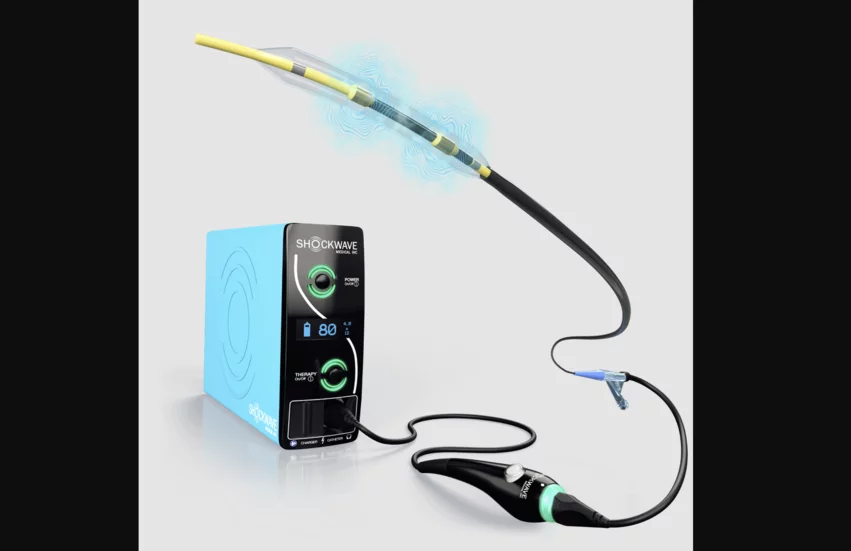It’s official: Johnson & Johnson completes $13B Shockwave Medical acquisition
Johnson & Johnson has officially completed its acquisition of Shockwave Medical, the California-based company known for its intravascular lithotripsy (IVL) technology. Shockwave will now operate as a business unit within Johnson & Johnson MedTech, and its common stock is no longer trading on NASDAQ.
The deal, first announced in April, was expected to be for approximately $13.1 billion. Johnson & Johnson acquired all outstanding shares of Shockwave for a price of $335 per share in cash through a merger of Shockwave and a Johnson & Johnson subsidiary.
“We are delighted to welcome the Shockwave team to Johnson & Johnson and look forward to bringing their innovative IVL technology to more patients around the world,” Joaquin Duato, chairman and CEO of Johnson & Johnson, said in a statement announcing the completed transaction.
“Completing this acquisition is a significant milestone in the expansion of our leadership position in the medtech industry,” added Tim Schmid, executive vice president and worldwide chairman of Johnson & Johnson MedTech. “Shockwave’s differentiated solutions and robust pipeline represent an exciting opportunity for Johnson & Johnson MedTech to bring more innovations to patients in one of the largest areas of unmet medical need. We are excited to begin collaborating directly with the Shockwave team and look forward to a bright future together.”
This move comes less than two years after Johnson & Johnson acquired Abiomed for approximately $16.6 billion and more than two decades after the company acquired Biosense Webster for approximately $400 million.
Shockwave Medical adds capabilities to treat calcified plaques
Shockwave’s IVL technology was designed to target severely calcified plaques in the coronary and peripheral arteries with shockwaves, clearing the way for cardiologists before percutaneous coronary intervention operations. IVL’s rapid rise in popularity among interventional cardiologists has been one of the industry’s biggest success stories in recent years.
Shockwave has stayed busy in recent years. In 2023 alone, for example, the company acquired Neovasc, a medical device company focused on advanced heart disease; launched its new Shockwave L6 Peripheral IVL catheter designed for large peripheral blood vessels; introduced the Shockwave C2+ Coronary IVL catheter, which is capable of delivering 50% more pulses than the previous offering; and announced improved reimbursement rates for coronary IVL.
According to Johnson & Johnson, Shockwave is expected to become the company’s thirteenth priority platform, meaning it annually brings in at least $1 billion in sales.


